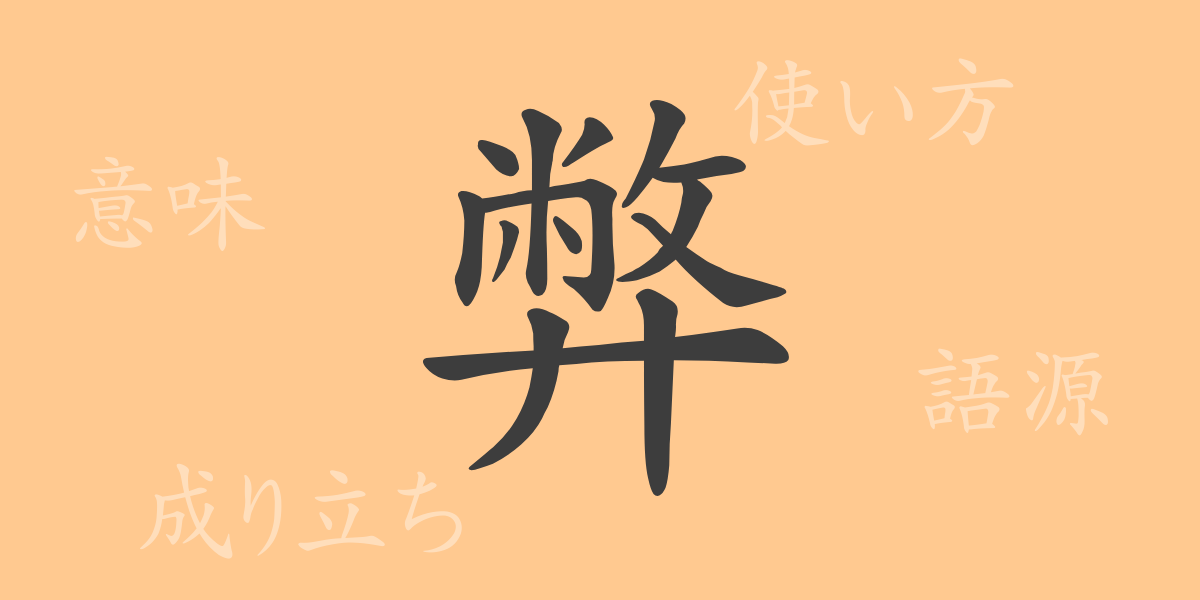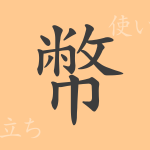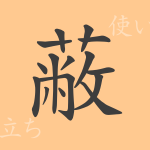In the Japanese language, there are numerous kanji characters, each with its unique history and meaning. One of the 常用漢字 (じょうようかんじ, Jōyō Kanji), “弊(へい, hei),” is no exception. This article delves deeply into the origins, meanings, usages, and even idioms and proverbs associated with the kanji “弊(へい, hei).” By understanding the rich history and culture behind this kanji, which you might frequently encounter in daily life, your comprehension of kanji will be significantly enriched.
Origins (語源(ごげん, gogen)) of 弊(へい, hei)
The kanji “弊(へい, hei)” can be traced back to ancient Chinese oracle bone script. Originally, it was a pictograph representing a broken 鼎(かなえ, kanae), symbolizing something that is broken or damaged. Over time, this character evolved to indicate the detrimental effects of deterioration and to highlight the negative aspects of systems and practices.
Meanings and Usages of 弊(へい, hei)
In modern Japanese, “弊(へい, hei)” is predominantly used with a negative connotation. Specifically, it often signifies negative influences, harm, or inconveniences within systems or customs. For instance, “弊害(へいがい, heigai)” means adverse effects or harm, and “弊社(へいしゃ, heisha)” is a humble way to refer to one’s own company.
Readings, Stroke Count, and Radical of 弊(へい, hei)
Understanding the readings and structure of the kanji “弊(へい, hei)” is also essential.
- Readings: The on’yomi (音読み(おんよみ, onyomi)) is “ヘイ (hei),” and there is no kun’yomi (訓読み(くんよみ, kunyomi)).
- Stroke Count: It has a total of 12 strokes.
- Radical: The radical is “廾(にじゅうあし, nijūashi).”
Idioms, Proverbs, and Phrases Using 弊(へい, hei)
There is a wide range of idioms, proverbs, and phrases that include “弊(へい, hei).” Here are some examples:
- 弊害(へいがい, heigai): Adverse effects or harm.
- 弊社(へいしゃ, heisha): A humble expression for one’s own company.
- 弊風(へいふう, heifū): Bad customs or practices.
- 改弊(かいへい, kaihei): The act of correcting bad points.
- 除弊(じょへい, johei): The act of eliminating harm or evil.
Summary of 弊(へい, hei)
The kanji “弊(へい, hei)” is frequently used to represent the negative aspects of society. However, through the idioms and expressions that use this kanji, we can point out inconveniences and problems in society and encourage actions to improve them. In this way, “弊(へい, hei)” plays a crucial role in guiding society towards a better direction.

























